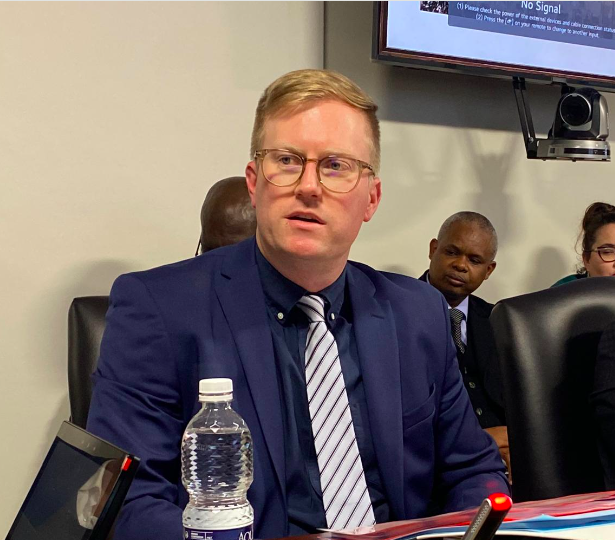Cape Town — The signing of the Expropriation Bill into law by President Cyril Ramaphosa has caused potential conflict within the Government of National Unity (GNU).
The Expropriation Bill replaced the Expropriation Act of 1975 with a framework that aligns with South Africa’s current democratic Constitution. The move sets out to show how property can be expropriated by the state in the public interests. This will facilitate land reforms and promote inclusivity to grant local, provincial and national authorities the power to expropriate land for public use.
The Democratic Alliance (DA) and the African National Congress (ANC) have offered different views on the Expropriation Bill. The ANC defended the legislation, highlighting its goal to redress historical injustices, promote economic inclusion, and respect property owners’ rights, while the DA has said it would challenge the bill.
The DA’s Public Works and Infrastructure Minister, Dean Macpherson, made his thoughts clear on the Bill and said he would protect property rights and that he would not allow the expropriation of private property under his watch.
“As the Minister of Public Works and Infrastructure, there will be NO expropriation of private property without compensation on my watch. The guarantee of property rights under Section 25 of the Constitution is not up for debate and is non-negotiable,” he said in an X post.
“In terms of the law, only Ministers implement Acts and regulations. Anyone who claims to speak for the department is just giving an opinion,” he wrote in a follow-up post.
As the Minister of Public Works and Infrastructure, there will be NO expropriation of private property without compensation on my watch. The guarantee of property rights under Section 25 of the Constitution is not up for debate and is non-negotiable.
— Dean Macpherson MP (@DeanMacpherson) January 24, 2025
In terms of the law, only Ministers implement Acts and regulations. Anyone who claims to speak for the department is just giving an opinion.
— Dean Macpherson MP (@DeanMacpherson) January 24, 2025
“Section 25 of the Constitution recognises expropriation as an essential mechanism for the state to acquire someone’s property for a public purpose or in the public interest, subject to just and equitable compensation being paid,” Magwenya said.
“Up to now, expropriation of property has been governed by the Expropriation Act of 1975, which predates the expropriation mechanism provided for in section 25(2) of the Constitution,” said Magwenya.
Follow African Insider on Facebook, Twitter and Instagram
Picture: X/@DepartmentPWI
For more African news, visit Africaninsider.com
Compiled by Matthew Petersen


